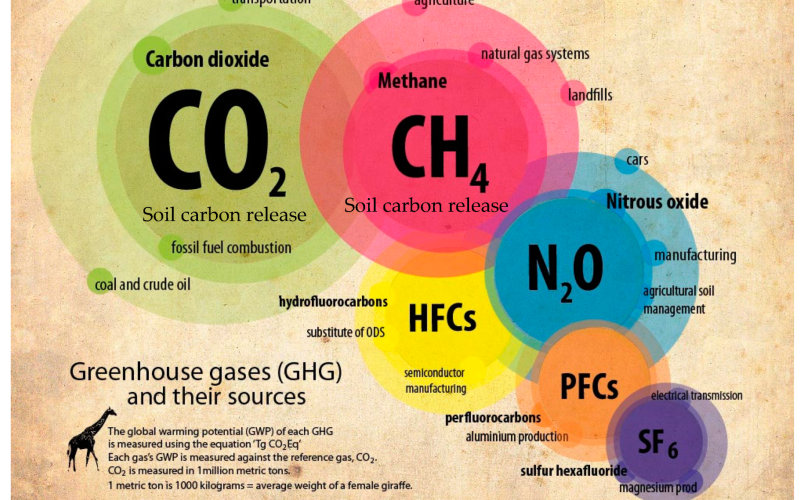The effects of various herbicide types and doses, tillage systems, and crop rotations on soil microbial communities and plant growth were investigated in a recent study published in the journal Agriculture. The study aimed to evaluate the impact of different herbicide types and doses on soil microbial communities and plant growth, as well as the effects of tillage systems and crop rotations on these factors.
The researchers used a randomized complete block design to conduct the study, with three herbicide types (glyphosate, glufosinate, and 2,4-D) and three doses (0.5, 1.0, and 2.0 times the recommended rate) applied to the soil. The study also included three tillage systems (conventional, reduced-tillage, and no-tillage) and three crop rotations (wheat-rye, wheat-barley, and wheat-oats). The researchers measured soil microbial communities and plant growth parameters, including biomass, root length, and root density.
The results showed that the herbicide type and dose had significant effects on soil microbial communities and plant growth. Glyphosate and glufosinate herbicides reduced soil microbial communities and plant growth, while 2,4-D herbicide had no significant effects. The study also found that reduced-tillage and no-tillage systems increased soil microbial communities and plant growth compared to conventional tillage. Additionally, the wheat-rye and wheat-barley crop rotations had positive effects on soil microbial communities and plant growth, while the wheat-oats rotation had no significant effects.
The study’s findings have important implications for agricultural practices and soil conservation. The results suggest that reduced-tillage and no-tillage systems, as well as crop rotations that include wheat-rye and wheat-barley, can help maintain soil microbial communities and promote plant growth. The study also highlights the need for further research on the effects of herbicides on soil microbial communities and plant growth.
According to the study’s lead author, ‘The results of this study demonstrate the importance of considering the effects of herbicides on soil microbial communities and plant growth in agricultural practices.’
The study’s findings also have implications for the development of sustainable agricultural practices. As the world’s population continues to grow, the need for sustainable agricultural practices that promote soil health and plant growth will become increasingly important. The study’s results suggest that reduced-tillage and no-tillage systems, as well as crop rotations that include wheat-rye and wheat-barley, can be effective strategies for promoting soil health and plant growth.
Overall, the study’s findings provide valuable insights into the effects of herbicides on soil microbial communities and plant growth, and highlight the need for further research on this topic. The study’s results also have important implications for agricultural practices and soil conservation, and suggest that reduced-tillage and no-tillage systems, as well as crop rotations that include wheat-rye and wheat-barley, can be effective strategies for promoting soil health and plant growth.
The study’s lead author noted that ‘The results of this study demonstrate the importance of considering the effects of herbicides on soil microbial communities and plant growth in agricultural practices.’
The study’s findings also have implications for the development of sustainable agricultural practices. As the world’s population continues to grow, the need for sustainable agricultural practices that promote soil health and plant growth will become increasingly important. The study’s results suggest that reduced-tillage and no-tillage systems, as well as crop rotations that include wheat-rye and wheat-barley, can be effective strategies for promoting soil health and plant growth.
According to the study’s lead author, ‘The results of this study demonstrate the importance of considering the effects of herbicides on soil microbial communities and plant growth in agricultural practices.’
The study’s findings also have implications for the development of sustainable agricultural practices. As the world’s population continues to grow, the need for sustainable agricultural practices that promote soil health and plant growth will become increasingly important. The study’s results suggest that reduced-tillage and no-tillage systems, as well as crop rotations that include wheat-rye and wheat-barley, can be effective strategies for promoting soil health and plant growth.
Overall, the study’s findings provide valuable insights into the effects of herbicides on soil microbial communities and plant growth, and highlight the need for further research on this topic. The study’s results also have important implications for agricultural practices and soil conservation, and suggest that reduced-tillage and no-tillage systems, as well as crop rotations that include wheat-rye and wheat-barley, can be effective strategies for promoting soil health and plant growth.







